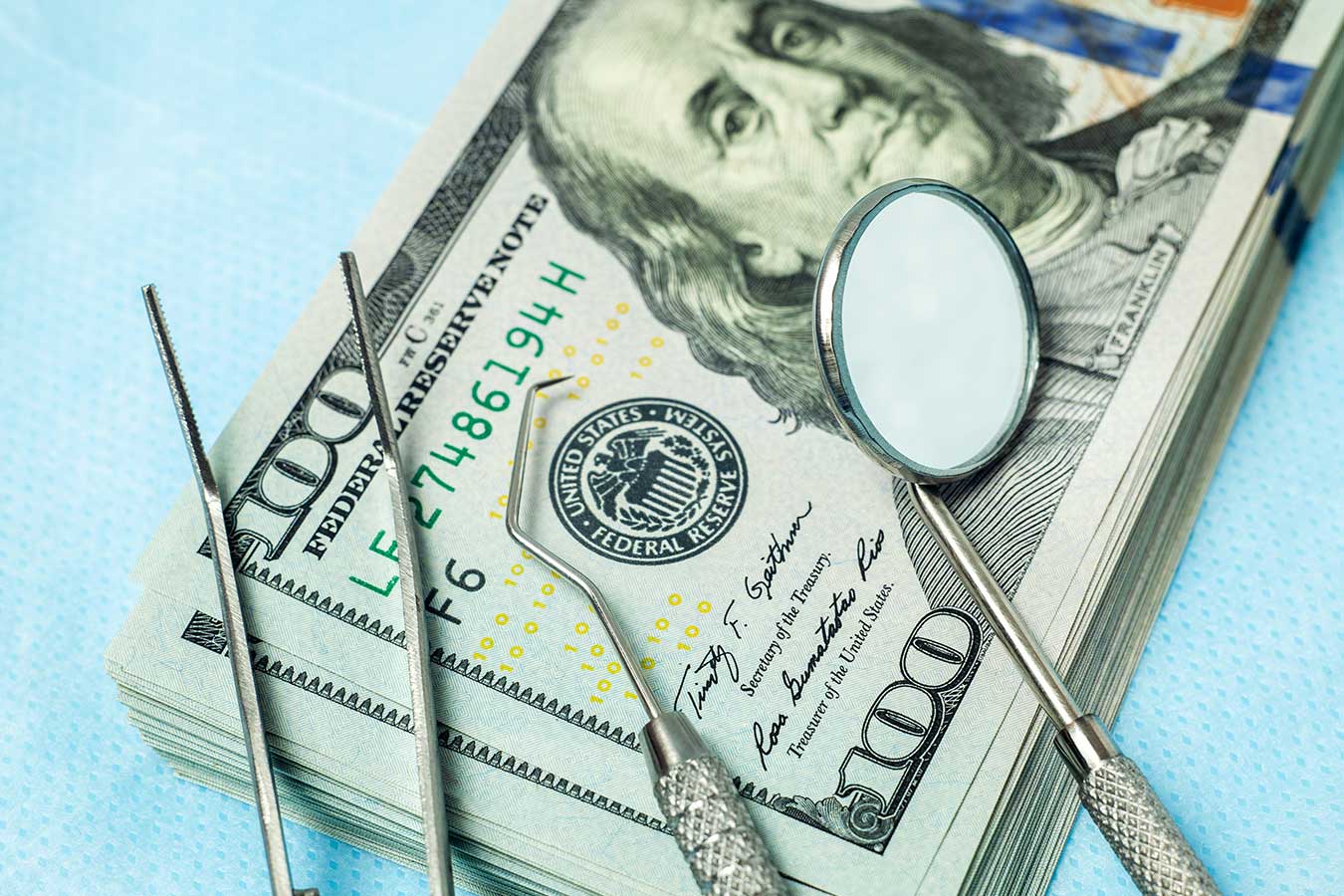To paraphrase William Shakespeare, “To give a raise, or not give a raise, that is the question.”
Staff expects raises, as they are a tangible reward for their efforts. However, raises may not always be possible or advisable. So, how do you determine whether to give your employees a raise? There are simple steps to follow to determine how, when, and why to give raises. These steps are:
- Determine business profitability
- Establish a standardized compensation policy, including performance standards
- Identify alternatives to raises
Profitability
The first step is simple: profitability. If your practice is not profitable, raises should not be given. Compensation guidelines state that wages should not exceed about 22 percent of gross collections, not including the dentist’s salary, taxes, or benefits. Exceeding this guideline means that any raises you give come out of the bottom line, reducing your salary and your ability to purchase or update equipment or supplies.
Your employees should understand the concept of profitability, how raises are based on this profitability, and how they contribute to the bottom line in the positions in your office.
Standardized Compensation Policy
A standardized compensation policy establishes expectations around salary. Such a policy should include:
- Salary ranges by position and local marketplace. The Bureau of Labor Statistics and payscale.com provide data about salaries for specific positions and locales. For example, dental assistants in Kansas City earned between $29,287 and $36,880 per year in 2015
- Job descriptions with clear expectations and delineated performance standards, including skills and attitude
- A compensation schedule that provides for yearly reviews of employees’ performance
- Available quarterly profitability statements
Basing raises on performance standards (i.e., merit) places some of the control for pay increases on the employees themselves. Empowered employees become motivated and happier employees.
The compensation policy should also include information about skills training. Employees who improve their skills through training and education should be rewarded accordingly. It is beneficial to both the staff and the practice to offer skills improvement opportunities.
Alternatives
Some employees reach the maximum of their salary range over time. Raises may no longer be possible without overpaying, which has been shown to eat into the bottom line, reduce your ability to reward other employees, and de-motivate employees. Alternatives to pay raises include:
- Increased paid leave
- Pay for professional dues
- Stipends for cell phones
- Free parking
If you want to keep hard-working, motivated dental staff, you must reward them accordingly. Raises are only part of the reward system, but if you adopt policies that identify when and how raises will be given, you will improve employee morale and dedication to your dental practice.
Payroll and HR can be complex and intimidating. As a small business owner, we know the struggles you face and pride ourselves on being the dental CPA and dental business advisory firm that takes our clients from standard to stardom. Contact us at Engage Advisors for more information.

